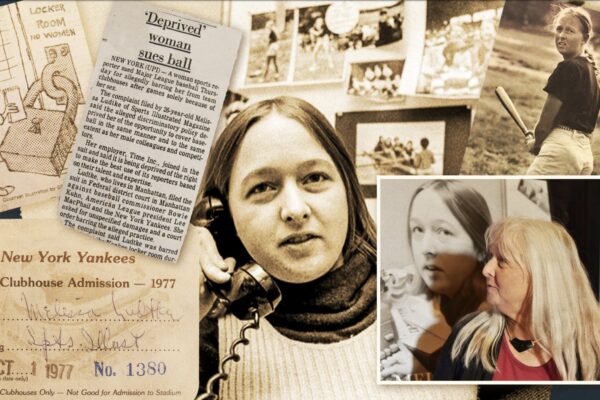By Frank Gogola | @FrankGogola
Sports Capital Journalism Program
RIO DE JANEIRO – Even though Olympic basketball games are eight minutes shorter than the NBA, Paul George feels the U.S. men’s team has struggled to put together a complete-game effort.
The U.S. (5-0) finished group play with the only unblemished record, but the games have been closer than many expected. After a pair of blowout wins, the U.S. has looked vulnerable as it pulled out victories of 10, 3 and 3 points.
“At the end of the day we’re winning,” George said. “Somehow we figure out how to get stops and turn games around when we need to. I think what we got to get better at is putting full games together. In all of these games … for the most part we’ve come out and dominated at some point. We just got to remain that dominance.”
There’s no room for mistakes as the knockout phase begins. The U.S. will take on Argentina (3-2) in the quarterfinals at 6:45 p.m. on Wednesday at Carioca Arena 1.
Since Mike Krzyzewski took over USA Basketball in 2006, his teams have gone a perfect 21-0 at the Olympics. Overall, Krzyzewski-led U.S. teams have gone 80-1.
The pair of 3-point wins in their last two contests have been the closest Olympic games of the Krzyzewski era. Their only other Olympic single-digit wins under Krzyzewski were by 5 to Lithuania and by 7 to Spain, both at the London 2012 Olympic Games, the latter in the championship game.
While this team has the star power to compete on the world stage, some notable absences – LeBron James, Chris Paul, Steph Curry, Anthony Davis and others – have made this team look mortal and forced them to grind out wins.
Carmelo Anthony and Kevin Durant are the only players on this team who have previous Olympic experience. With 10 players who’ve spent a little over month playing together, the question has been how easily and how quickly would the team develop a chemistry. The results have shown it’s been a struggle.
“Yeah, it’s been an adjustment, but guys are definitely buying in,” Kevin Durant said following Sunday’s win over France. “We want to win a gold. That’s our main objective. We can’t worry about who scores, who gets the praise, who gets the minutes. We just got to win as a team.”
The U.S. trailed Australia by 5 at the half before coming back for a 10-point win. Serbia had a wide-open 3-pointer in the closing seconds to potentially force overtime, but the shot was off-line and missed. France played the U.S. to within 3 points as Tony Parker sat on the bench the entire game.
“I thought personally we were going to dominate, these games were going to come easy,” George said. “But you start playing the better competition, you see it across the board [that] these teams are pretty good. I think the luxury they have is they’ve been together for so long. You really can’t stress that enough. You see it. They just read each other so well. I think that’s the biggest thing that really separates us from them.”
The answer to why the U.S. isn’t dominating like many expected is pretty simple to France’s Nicholas Batum.
“The other teams got improved,” Batum said. “Other teams got better, too. The basketball world got better. We got more and more guys who got good, got better in the NBA and got guys getting MVP in the NBA now from Europe. Basketball changed. That’s it.”
The U.S. struggles in Rio are sure to put memories of 2004 in fans’ heads. The U.S. went 5-3 under Larry Brown and settled for a bronze medal in Athens. They lost games by 4, 8 and 19 points, and won three of five games by single digits.
While the U.S. has struggled through its past three games in Rio, Batum isn’t ready to declare any team other than the U.S. the favorite to win Olympic gold. But, he said a U.S. loss in the knockout phase could be one of the biggest basketball upsets in history.
“They’re still the best team with the best players in the world,” Batum said. “We can’t just watch them. We respect them. We can’t just step on the court to just watch them play. We have to compete. You never know what can happen if you compete for 40 minutes.”


